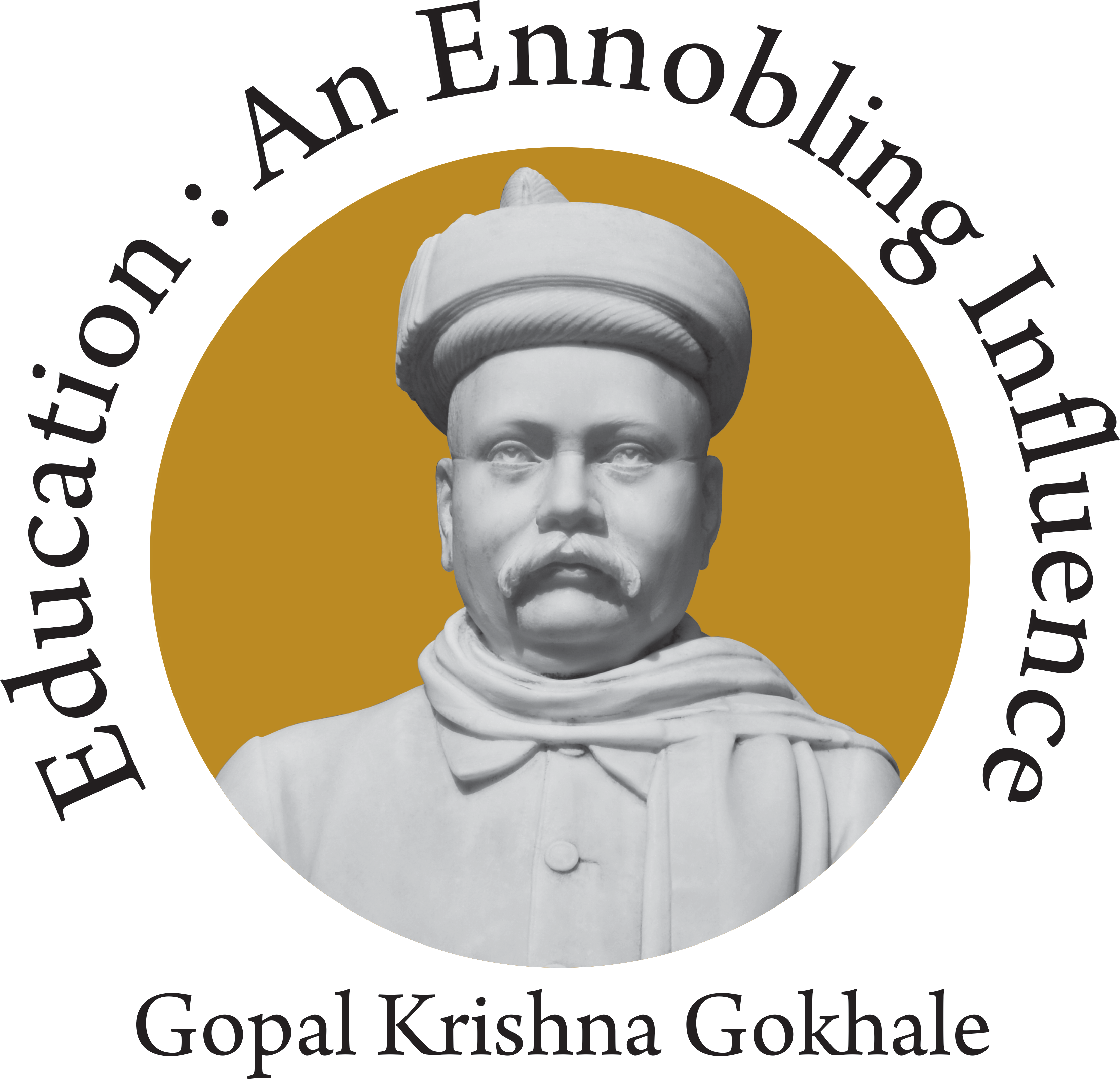Awareness of Janani Shishu Suraksha Karyakram among women in Maharashtra, India

View/
Date
2015-02Author
Sivanandan, Vini
Nagrajan, R
Mulay, Sanjevani
Pisal, Arun
Khan, Akram
Prasik, A P
Pol, R
Shivnekar, Vandana
Metadata
Show full item recordAbstract
JSSK scheme introduced in the year 2011 has an enormous potential to impact the treatment seeking behaviour and can lead to a decline in MMR, IMR, and morbidity. Awareness about schemes and subsequently utilization among the target beneficiaries are one of the key towards success of any programme. However, utilization among target beneficiaries is subject to the awareness about the scheme. This paper brings out the findings on awareness and utilisation of the JSSK services based on a sample of 2,266 women who had recently given birth as representative at the state level. Within the state Amravati, Nanded, Nashik and Pune districts in the urban and rural levels were selected. The findings suggest differential level of awareness among women in rural areas and urban slums. Percentage of women who have heard about the JSSK scheme was found to be quite high in rural areas (52 per cent) than in urban slums (32 per cent). However, among those who are aware of JSSK scheme only 62 per cent of women knew about the JSSK scheme provided to mothers and only 20 per cent of women knew about the JSSK scheme being provided to sick neonates. Nearly, a quarter of women who are aware of JSSK schemes reported free transport, drug, diagnostics, diet, and exemption from all kinds of user charges as entitlements, whereas only 50 per cent and 60 per cent of women were aware of free blood transfusion and free referral transport respectively. Inter-district comparison shows 55 per cent of the interviewed women from Pune were aware about JSSK whereas in Nanded district only 39 per cent of women interviewed were aware about JSSK. Overall, the impact and outreach of JSSK scheme are concentrated in rural areas. Awareness about JSSK with each and every entitlement needs to be further strengthened for mothers and specifically for neonates which is now extended to infants, women in urban slums and in Nanded district
Collections
- GIPE Working Papers [42]
